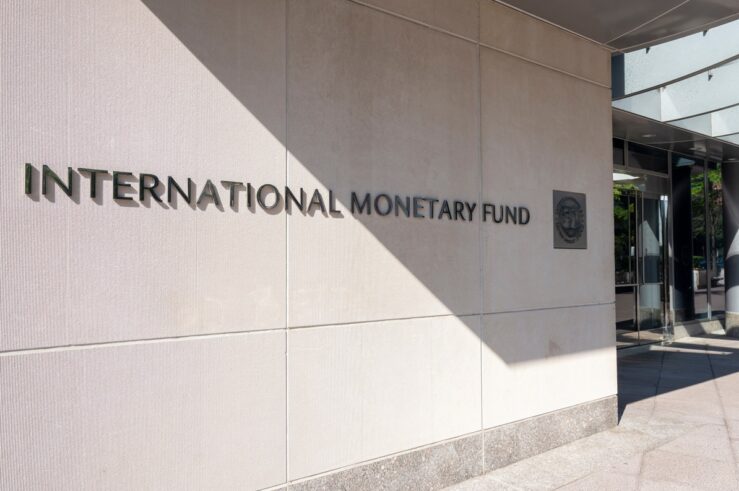So Alinea’s Grant Achatz has a new restaurant, Next, which is the talk of Chicago and the nation. You can buy transferable dining tickets which the NYT reports are being traded online up to $3,000. So now we see that even chefs can be like Hannah Montana. Alinea caps sales at two tables/customer given a Web waiting list of 20,000. Achatz comments: “You almost have to say, ‘Good for them,’ [the scalpers]. But we don’t make any more money off it.”
I’m proud of Achatz’s anything-goes Chicago attitude. Compare my own California experience trying to land one of the French Laundry’s 16 tables in June: you need to call precisely 60 days ahead, too bad if you don’t make it. I suppose there may be some opportunity for scalping, but unlike Next there may be a problem trying to use somebody else’s reservation.
Of course, Chicago isn’t exactly a bastion of the free market, including when it comes to ticket scalping, as I wrote almost seven years ago regarding scalping Cubs tickets. Back then I reasoned that “maybe the Cubs want to control the demographics of their fan base. The law gives the Cubs public enforcement of this business objective, since private enforcement by the Cubs might be impracticable.” I compared this to insider trading.
In a later post I discussed Curry and Busch, Rock Concert Pricing and Anti-Scalping Laws: Selling to an Input, which supports my hypothesis by suggesting that scalping prevents sellers from selecting their audience. This could apply to restaurants to the extent the chef wants discerning and not necessarily rich diners.
But I later questioned the audience-control rationale for anti-scalping laws beyond rock concerts and sporting events and wondered “why promoters don’t use the same sort of auction system the scalpers use to maximize ticket prices.” In other words, if Achatz doesn’t care about high-priced resales of his tickets, why doesn’t he try to collect the profits?
Indeed, Achatz does do variable demand-scaled pricing. Maybe he really cares, as I also reasoned in my blog post, about “the high costs of running the market, as opposed to just selling out to a bunch of resellers.” And, in fact, the NYT article says Achatz likes “the labor savings that computerized booking allowed.” But how much would it cost for him to add an auction feature to his own website? He could avoid the risk of not selling out by using price floors.
I wondered (in the post just linked) if rock bands (and maybe rock star chefs) want to avoid “the censure of charging above a certain amount.” Of course Achatz could add a ceiling to his floor if he’s worried about looking too much like a capitalist.
So, in the end, I’m still mystified by scalping, as well as wondering how I’m going to get into Next.




